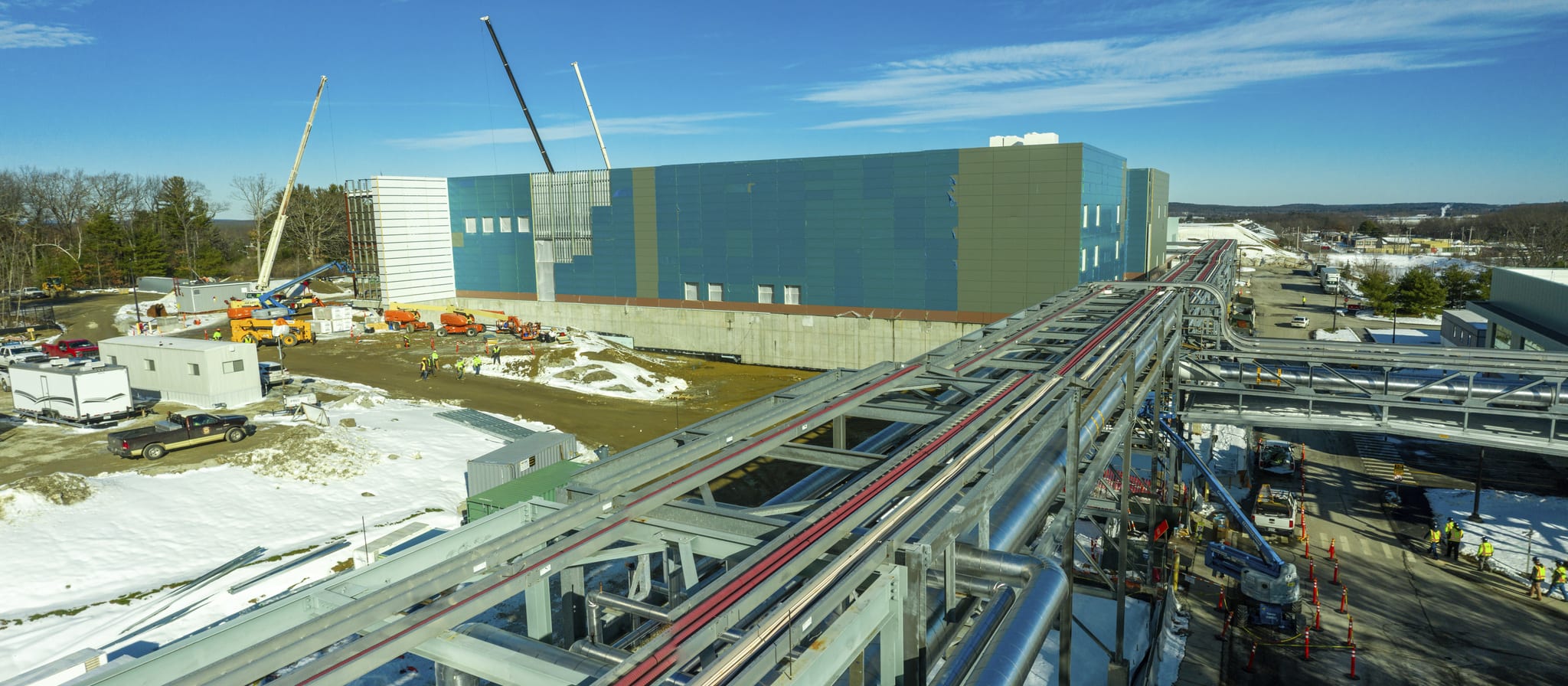
Bristol Myers Squibb's facility in Devens, MA
Bristol Myers scales up cell therapy production with liso-cel nod in hand and another approval maybe on the way
After a long-awaited approval for its CD19 targeting CAR-T liso-cel, Bristol Myers Squibb is gearing up for the looming review of another cell therapy in …
Sign up to read this article for free.
Get free access to a limited number of articles, plus choose newsletters to get straight to your inbox.